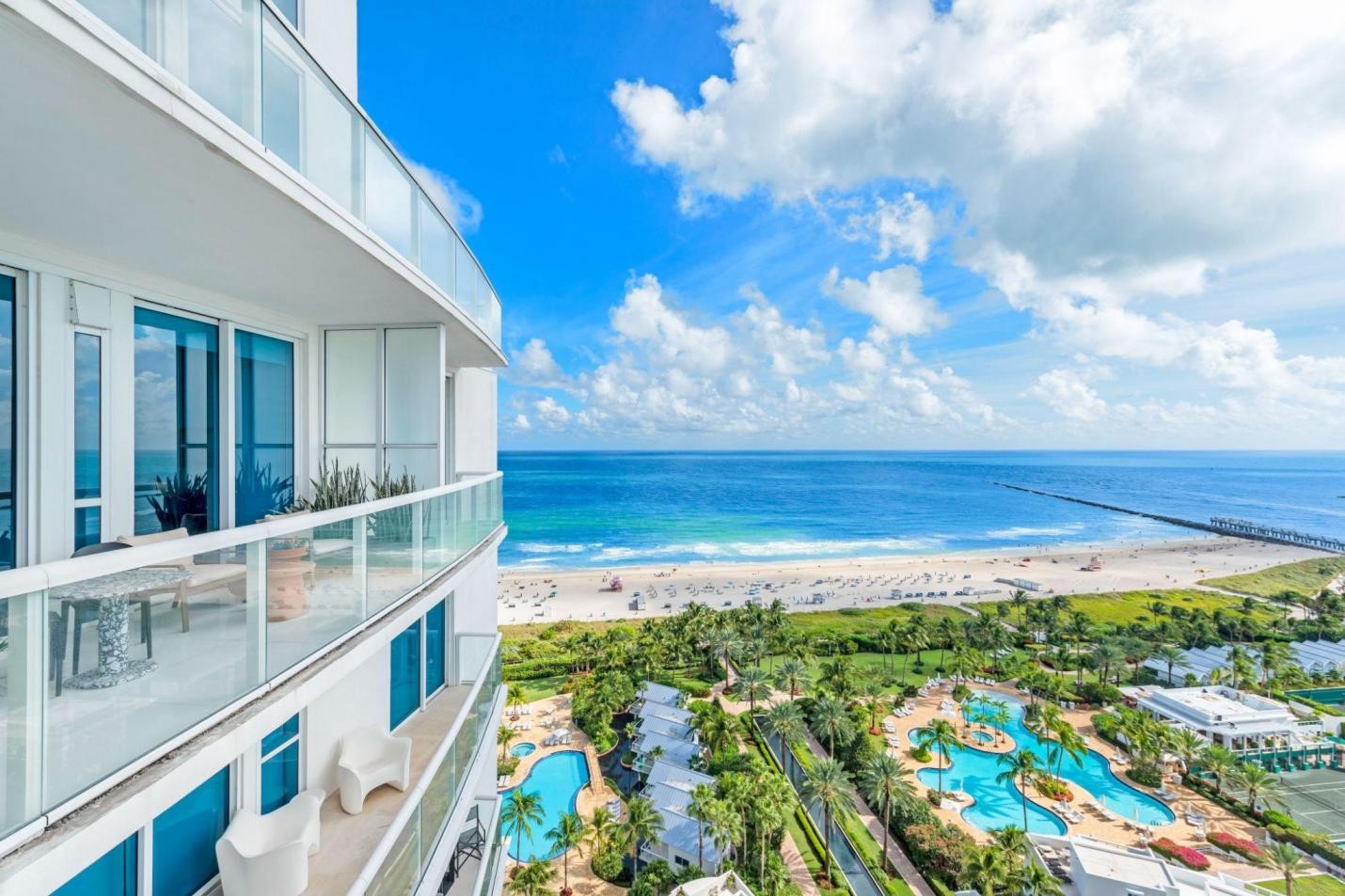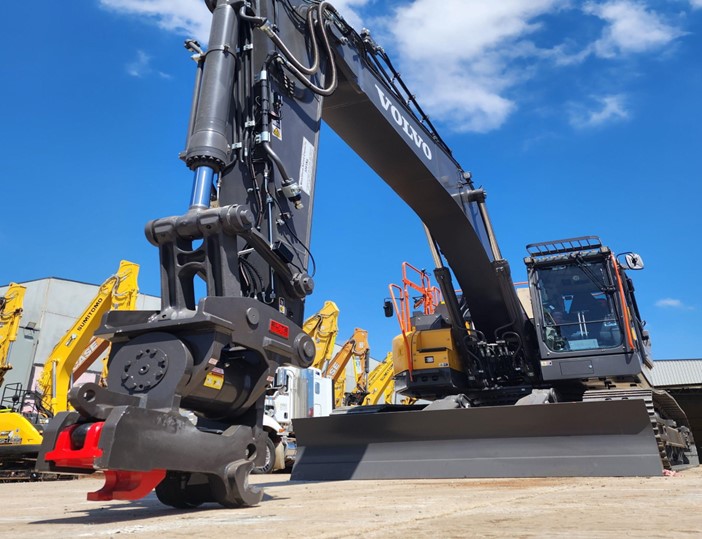In today’s experience-driven economy, hospitality real estate stands out as one of the most dynamic and profitable sectors in property investment. From boutique hotels to luxury beachfront villas, owning a hospitality asset means you’re not just buying land or a building—you’re investing in guest experiences, brand value, and long-term income potential.
Whether you’re a seasoned investor or just exploring the idea, understanding the unique advantages and challenges of hospitality real estate can help you turn a property into a high-performing business.
What Is Hospitality Real Estate?
Hospitality real estate refers to properties designed for short-term occupancy, primarily serving travelers, tourists, or business guests. This includes:
- Hotels and resorts
- Boutique guesthouses
- Branded serviced apartments
- Beachfront villas for short-term rental
- Eco-lodges and glamping sites
Unlike standard residential or commercial assets, these properties generate revenue through daily rates, occupancy levels, and guest services—blending real estate with operational management.
Why Invest in Hospitality Real Estate?
- Recurring Cash Flow
Hospitality assets generate consistent income through nightly bookings and seasonal surges, especially in tourist hotspots like Bali. - Tangible Asset with Business Potential
You’re investing in a hard asset and a revenue-generating business. This dual-income model makes it more resilient to market shifts. - Capital Appreciation
Prime hospitality properties, especially in developing or high-growth areas, often increase in value over time as tourism infrastructure improves. - Lifestyle & Legacy Appeal
Many investors buy boutique hotels or villas not just for profit, but for the lifestyle they offer—either as a second home or a future retirement base.
Key Considerations Before You Buy
- Location Is (Still) Everything
Access to beaches, tourist landmarks, and transportation matters. Hospitality real estate thrives in areas with high foot traffic and consistent visitor demand. - Operational Expertise Required
This isn’t a hands-off investment. You’ll need strong property management, guest services, marketing, and upkeep to succeed. - Legal & Zoning Clarity
In places like Bali, zoning laws and foreign ownership regulations can affect how your property operates. It’s essential to understand what’s allowed before purchasing. - Market Cycles & Seasonality
Tourist demand fluctuates. Plan for high and low seasons, and have strategies in place for off-peak periods.
Trends Shaping the Future of Hospitality Real Estate
- Eco-Hospitality – Travelers are seeking sustainable, low-impact stays. Properties with green certifications or eco-friendly designs attract a growing market.
- Tech Integration – Smart locks, app-based check-ins, and AI-driven pricing systems are now industry standards.
- Experiential Travel – Guests want more than a room; they want curated experiences, wellness packages, or local cultural immersion.
How GPFG Supports Hospitality Real Estate Investors
Whether you’re seeking a personal investment, diversifying your portfolio, or building an asset-backed strategy through your SMSF, hotel real estate offers a smart, scalable path to long-term returns.
Ready to explore your options? Get in touch with the Geonet Property team to view current opportunities and discover how hotel ownership in Bali can work for your goals.
More Than Just Property—It’s a Platform for Experience
Hospitality real estate is not a passive asset—it’s an active business and a strategic investment in one of the world’s most resilient sectors. When managed well, it offers strong cash flow, capital growth, and a unique way to shape guest experiences that create lasting impact.




